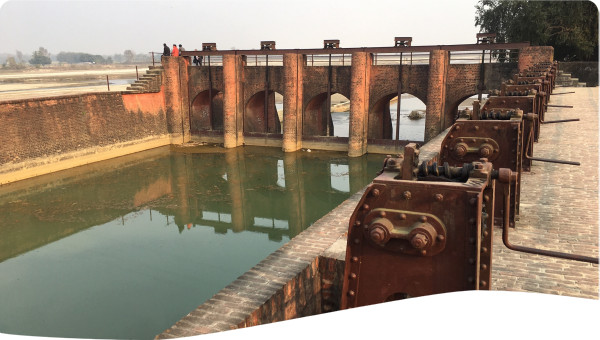Chapter 6 of the book: "Water Markets for the 21st Century. What Have We Learned?"
Water markets in Chile have been enabled since the 1981 National Water Law. This law was designed to provide market incentives with the capacity to reallocate water toward more valuable uses. Although there have been many controversies, especially concerning the initial allocation of water-use rights, and the coexistence of consumptive and non-consumptive use rights, water markets have gradually expanded. Large scale trading has not occurred in many basins. Likewise, large scale intersectoral trading has not occurred because the agricultural sector has remained prosperous, with growth outpacing the rest of the economy. Market transfers have occurred throughout Chile. The 2005 Reform of the Water Law addressed many concerns, especially speculation in unused non-consumptive water-use rights. And some concerns remain. Groundwater has been depleted and new efforts need to be made to improve groundwater data and groundwater users associations. Registering water-use rights and recording transactions are inconsistent. Large dispersions in prices reflect imperfect market conditions. Nonetheless the expansion, geographically, and volumetrically, of market trading suggests that these markets are meeting the needs of most water using sectors.
Description / Abstract
Publication year
Country
Region
Publisher
Format
Book chapter
Thematic Tagging
English
 Resource -
Resource -
